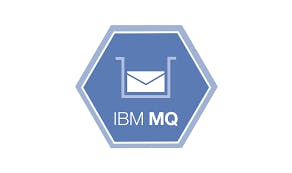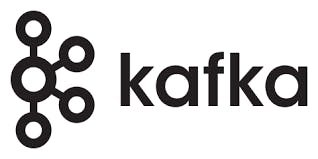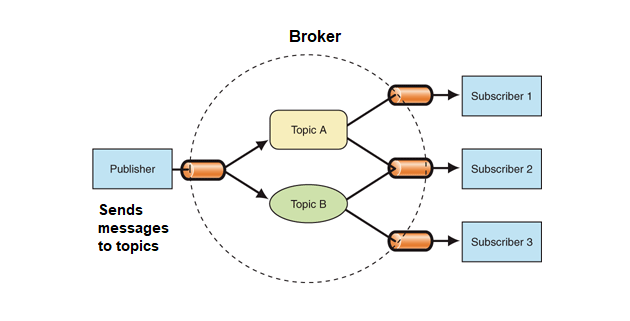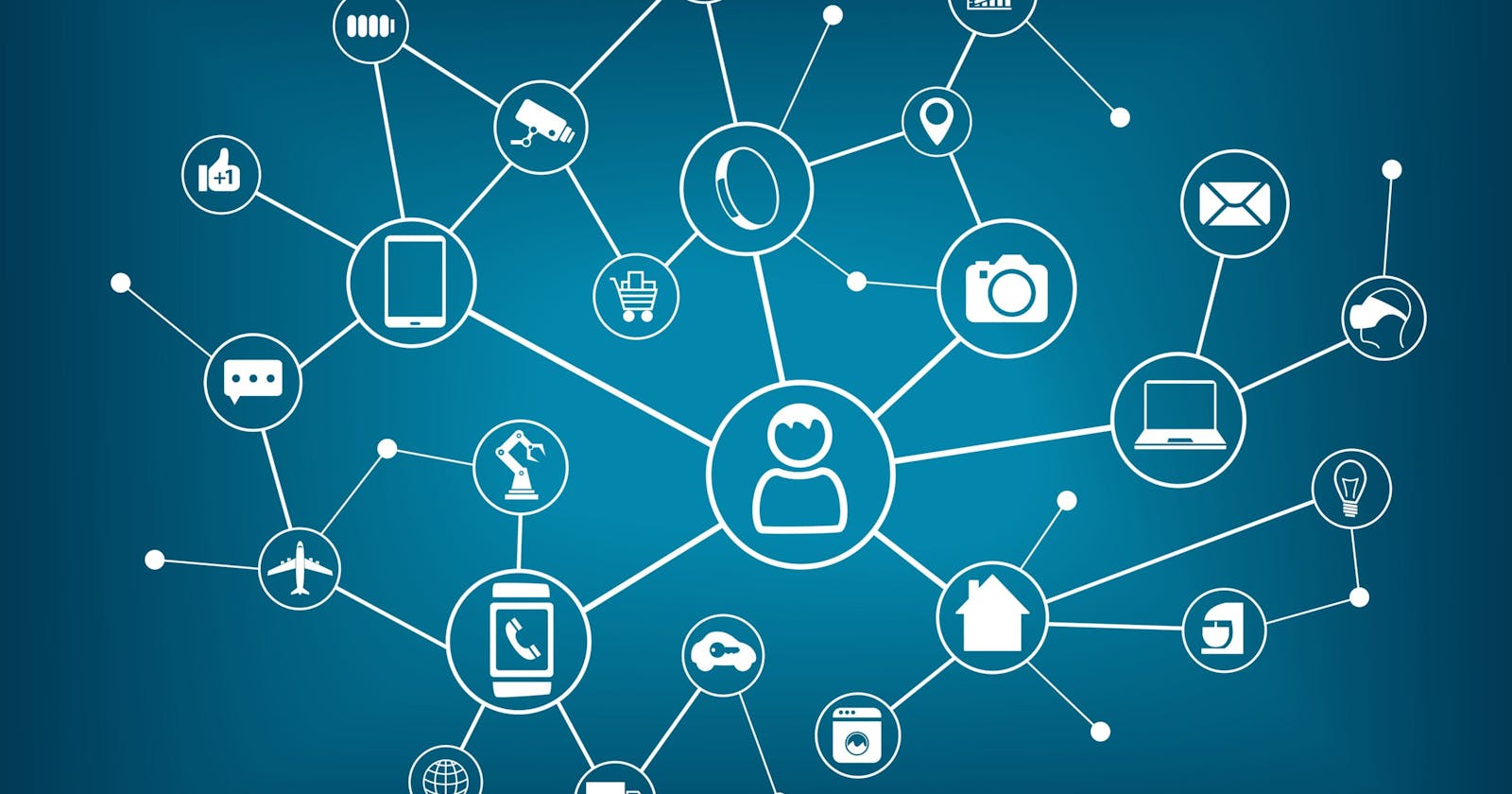Imagine sending a parcel to a friend of yours overseas. delivering that parcel would be expensive and time-consuming or you could send your parcel to the post office and it would take care of your parcel by delivering it on time and securely.
In the realm of software engineering Post offices are replaced by Message brokers or Messaging services. These Messaging services are a crucial aspect of distributed systems, enabling communication between different components, services, and applications. The architecture of the Message broker is relatively simple to understand. it involves application generated Producers who create messages and add them to the message Queue and the Client as a Consumer picks these messages.
IBM MQ, Apache Kafka, and RabbitMQ are popular messaging systems, each with its strengths and use cases. In this article, we'll explore the features, architecture, and use cases of IBM MQ, Kafka, and RabbitMQ to help you understand their differences and choose the right messaging system for your needs.
IBM MQ

IBM MQ, formerly known as WebSphere MQ, is a robust and enterprise-grade messaging system developed by IBM. It supports various messaging styles, including point-to-point and publish/subscribe. IBM MQ provides reliable, secure, and scalable message delivery across diverse environments. it follows traditional client-server architecture as we have discussed above. it uses a centralized message broker known as a queue manager that manages queues and is responsible for facilitating messages from producer to consumer.
There are various messaging patterns that IBM MQ supports like point-to-point messages where Queues are used to deliver messages and pub/sub where messages are delivered according to topics. this ensures the message's durability and efficiency of critical application.
IBM MQ supports multiple languages and frameworks for development like JMS, Java,C++ and .NET

Apache Kafka

Apache Kafka is a distributed streaming platform designed for high-throughput, fault-tolerant, and scalable event streaming. Originally developed by LinkedIn, Kafka has become a cornerstone in building real-time data pipelines and event-driven architectures. having a cluster-centric architecture it uses a pub/sub model where producers publish messages to topics and consumers subscribe to topics. it allows horizontal scaling which makes it perfect for handling large volumes and real-time data
Kafka is designed for high throughput and scalability. It can handle millions of events per second, making it suitable for real-time data streaming applications. Kafka's partitioning mechanism allows for horizontal scaling across multiple nodes in a cluster.

Kafka is written in Java and Scala. However, Kafka API supports Java, Scala, Go, Python, C/C++, and many other programming languages.
Rabbit MQ

RabbitMQ is an open-source message broker that implements the Advanced Message Queuing Protocol (AMQP). Developed by Pivotal Software, RabbitMQ is known for its simplicity, flexibility, and ease of use. It supports multiple messaging patterns, including point-to-point and publish/subscribe.
it follows a message broker architecture where messages are routed through exchanges to queues. It supports multiple messaging patterns, including direct, fanout, topic, and header exchanges. RabbitMQ's modular design allows for the use of plugins to extend its functionality. Kafka excels in handling real-time data streams. It implements a publish-subscribe model where messages are organized into topics. Kafka's log-centric design allows for efficient data retention, replayability, and the ability to process streams of records in a fault-tolerant manner.
IBM MQ vs Kafka vs RabbitMQ which one to choose?
There a many more messaging services apart from the one we have discussed above. Choosing between IBM MQ, Apache Kafka, and RabbitMQ depends on your specific requirements and the nature of your application. IBM MQ is well-suited for enterprise environments with a focus on reliability and transactional messaging. Kafka excels in scenarios requiring high-throughput event streaming and real-time data processing. RabbitMQ is a versatile choice for various messaging patterns with an emphasis on simplicity and ease of use.
Consider factors such as performance, scalability, ease of integration and community support when making your decision. Additionally, evaluate the specific features and capabilities of each messaging system to ensure they align with your application's requirements.
To know more about these topics
https://www.ibm.com/docs/en/ibm-mq
